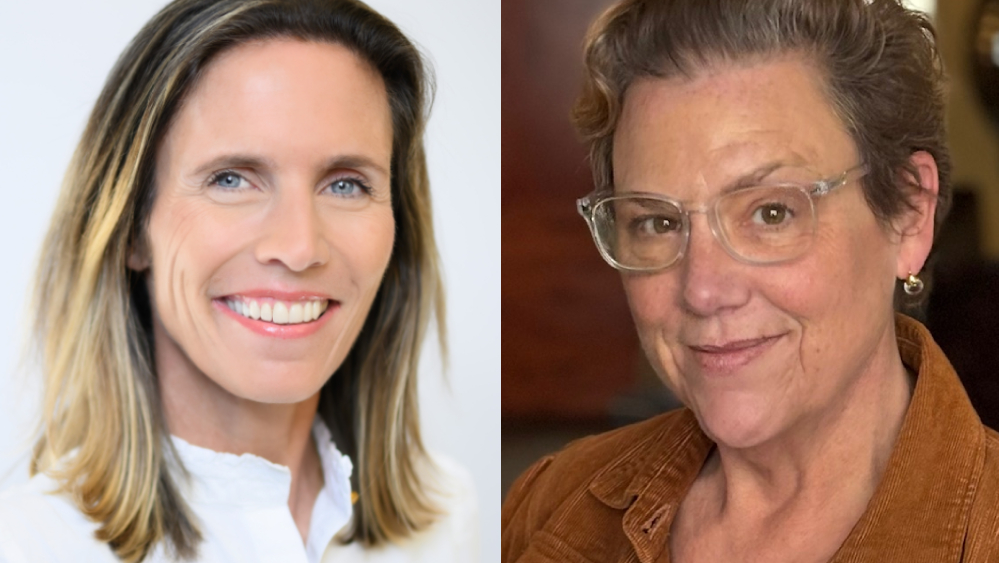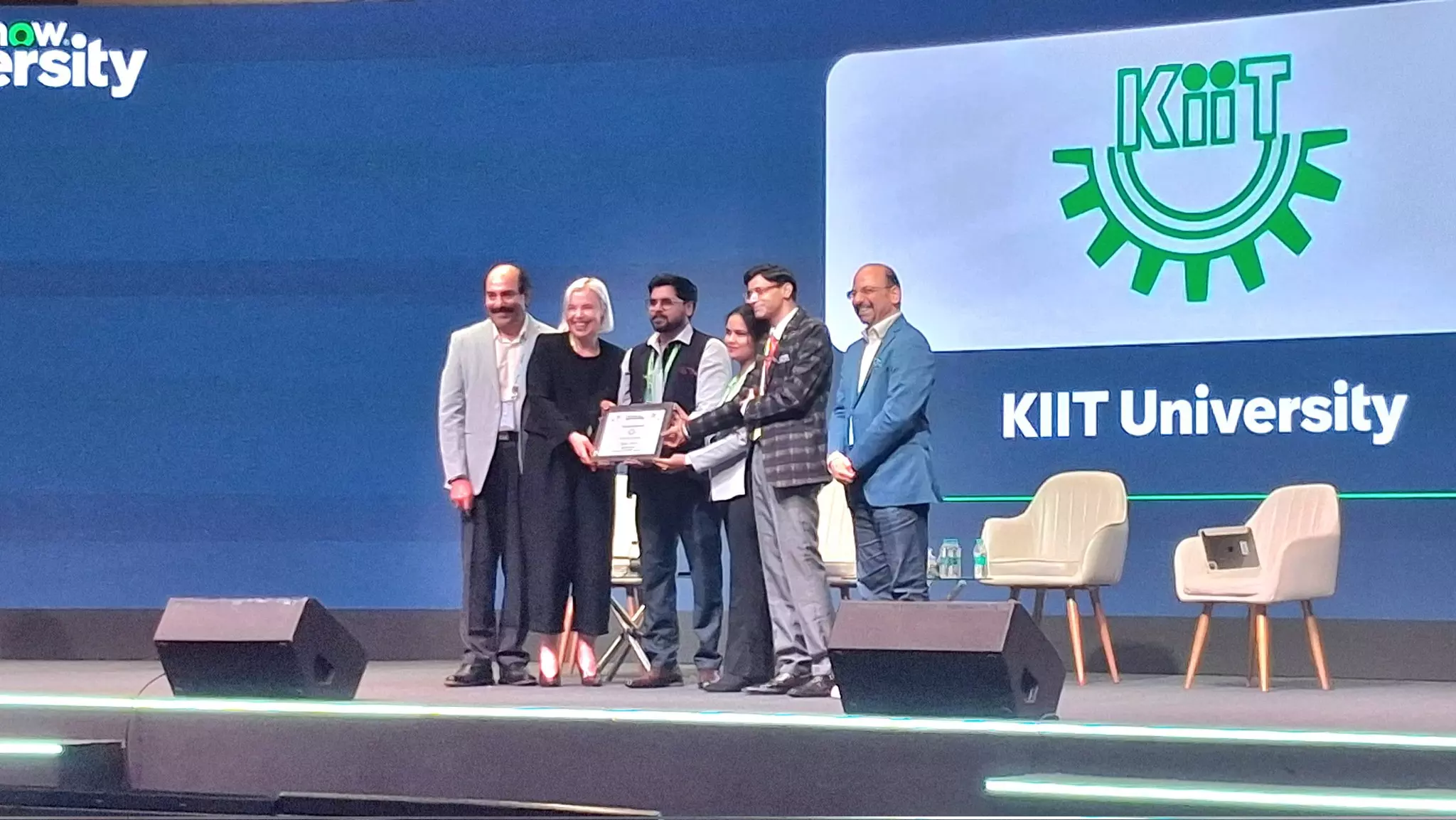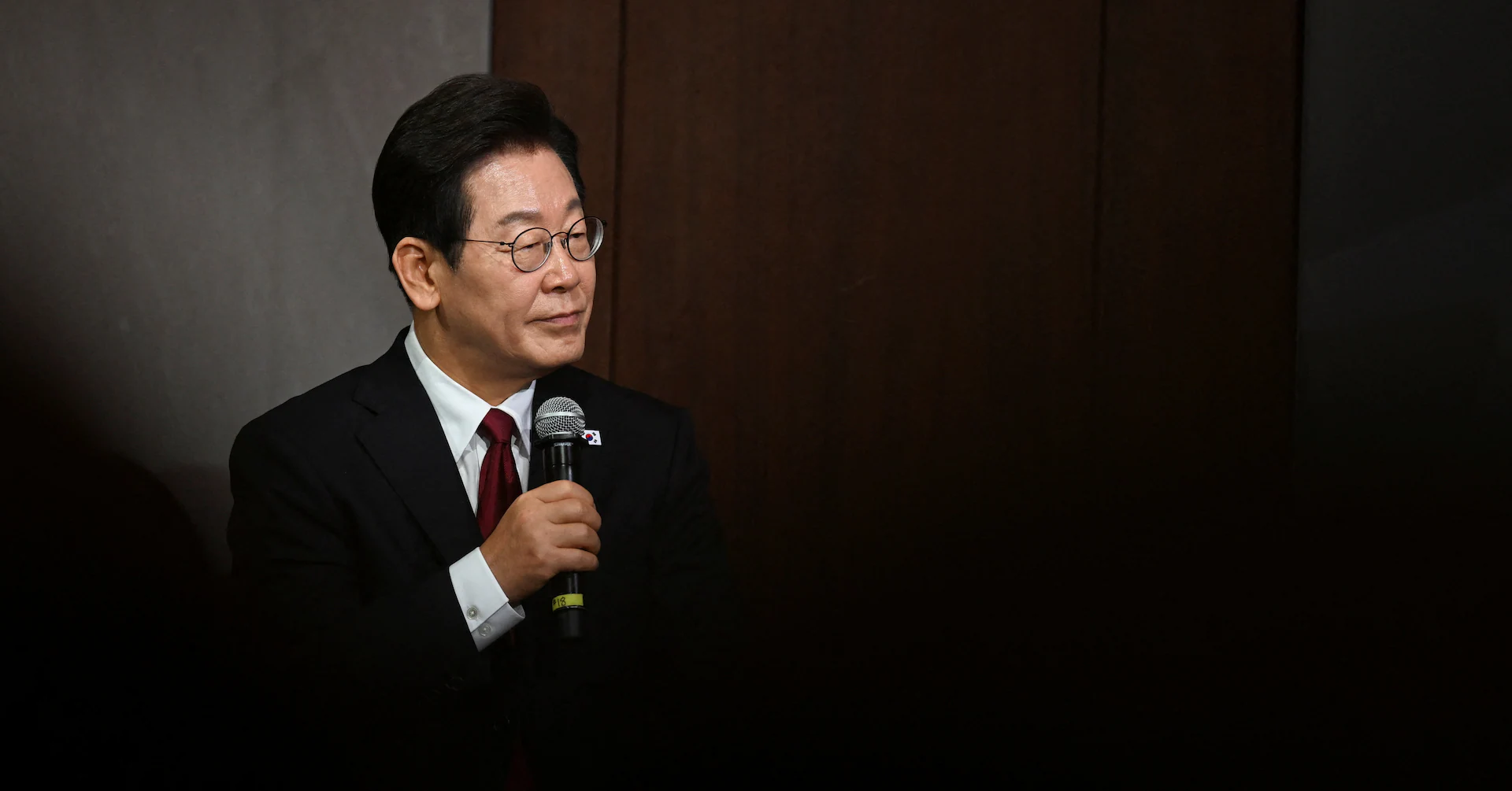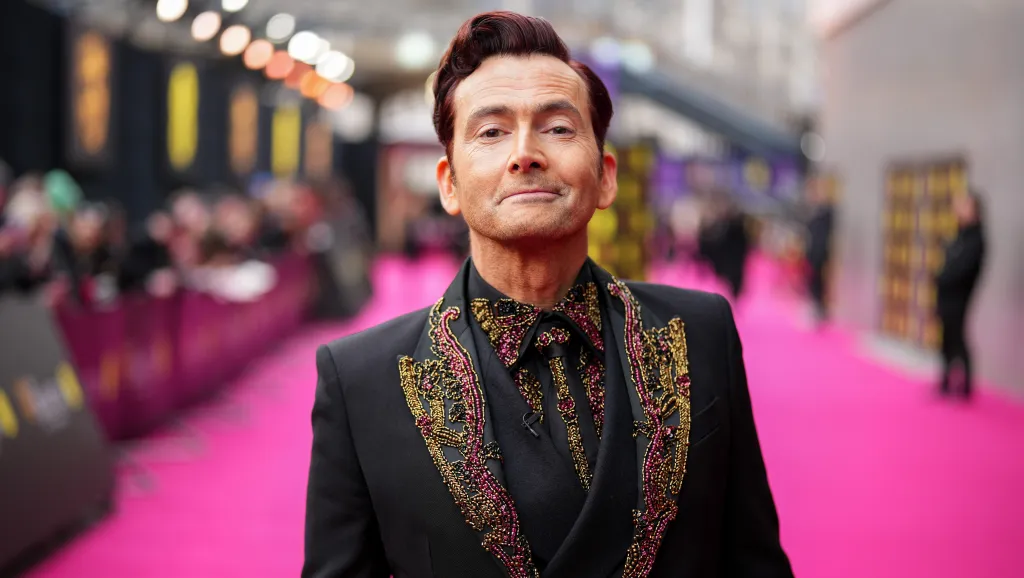
The International Classic Film Market (MIFC), the world’s only market dedicated to restoring and promoting heritage films, returns to Lyon alongside the Lumière Film Festival for its 13th edition expected to draw a record number of participants.
“All our indicators are up, both in terms of newcomers and international participants,” co-head Anaïs Desrieux told Variety.
Three high-profile guests of honor underscore the festival’s global reach: Andrea Kalas, VP of Media and Archival Services at Iron Mountain, Justine Ryst, YouTube’s France chief, and Gaëtan Bruel, the new head of the France’s film board CNC.
Another sign of the market’s growing industry pull comes from U.K.-based Park Circus, which joins this year as an official partner. The company handles global distribution of heritage titles for major U.S. studios as well as British and European libraries. CEO Douglas Davis will join Studiocanal’s Pauline Saint-Hilaire and Mk2 Films’ Benoit Claro for a roundtable on building international distribution strategies for heritage film.
Technology remains a hot topic, notably the use of AI in classic film preservation and restoration, with a focus this year on subtitling and dubbing. The debate will bring together heritage film conservation outfit Vectracom, Phont, a start-up specialised in so-called “emotional subtitling,” and translators’ representatives.
“No one at the table is opposed to progress, but the real challenge is to ensure that this innovation truly qualifies as such for the whole ecosystem,” said Desrieux. Co-head Gérald Duchaussoy added “subtitles are not neutral – subtitling is a creative activity that shapes how films are understood.”
New tools will be on display at the Classics Innovation Corner, where startups such as Phont, AI-powered search and licensing platform Refractio, and distributor-oriented CN Films will present their tech.
Another key theme is the growing role of streaming services in the circulation of heritage cinema, which Ryst is sure to address as she spotlights YouTube’s 20th anniversary.
“There is a great heritage offer on YouTube, with access to films, archives and programs dedicated to classic films, and content creators engaging whole new audiences,” said Duchaussoy.
Case studies will feature Sooner – the new merger of French streamers Universciné and Filmo –, heritage film platform LaCinetek, and entertainment site Allociné, which is launching a dedicated service, Allociné Classique. “Thanks to these platforms, the films are not just being preserved, they are being reintroduced to audiences in the digital era,” Desrieux noted.
From digital strategies to face-to-face deal-making, circulation remains a priority for organizers, with initiatives like the popular Re>Birth program, now in its third edition. The showcase pitches either recently restored titles carrying the Lumière Classics label or works seeking restoration partners for 10-minute sessions followed by one-to-one meetings aimed at sparking deals.
Hungary provides an inspiring example as country of honor thanks to its strong track-record in preservation and circulation through events such as the Budapest Classic Film Marathon. MIFC regular György Ráduly, head of the Hungarian National Film Archive, will be among the guests.
Other highlights include debates on the new AgoraEU program, Europe’s audiovisual heritage policy, and the power of curated retrospectives, with this year’s tributes to Martin Ritt and Konrad Wolf illustrating how restorations drive a second life in theaters, festivals, on TV and platforms. France’s arthouse exhibitors’ association, AFCAE, which marks its 70th anniversary, will examine the future of classic film on the big screen.
As always, there will be the market’s staple sessions, from catalogue holders’ previews to distributors’ line-ups and dedicated events for exhibitors.
African cinema will also take the spotlight with a showcase of the new podcast series “Cineastes d’Afrique,” celebrating pioneers of African filmmaking.
Looking to the future, a new European student workshop will bring together some 40 students from six universities to work with professionals in the heritage field. “We want to help the next generation build connections that will shape the sector’s future,” said Desrieux.
For Duchaussoy, the workshop reflects the market’s broader mission: “Heritage cinema is not just about looking back,” he said. “It’s about imagining the future, with new professionals, new technologies and new audiences.”
As Desrieux summed up, “Our goal is to give the heritage sector a stronger international framework and profile. That means bringing players together, questioning our practices and creating real business opportunities around the circulation of classic films.”
The MIFC runs in Lyon over Oct. 14–Oct. 17.



